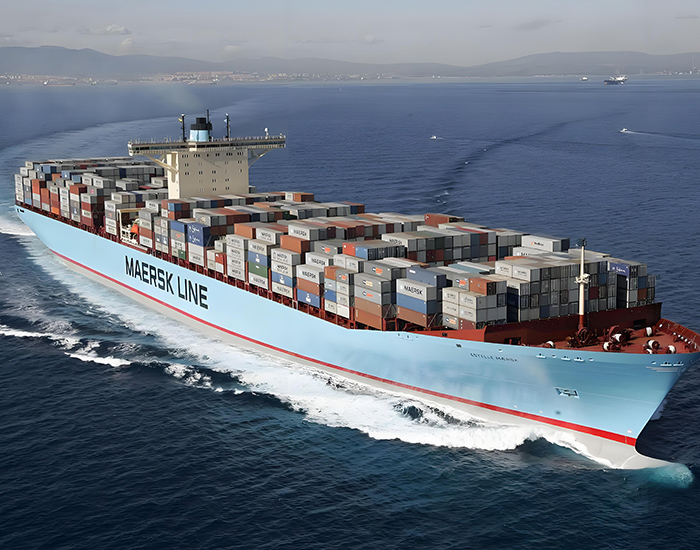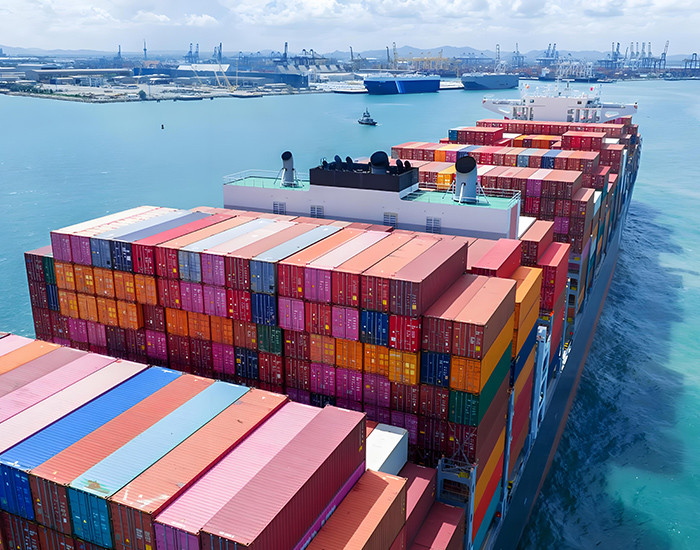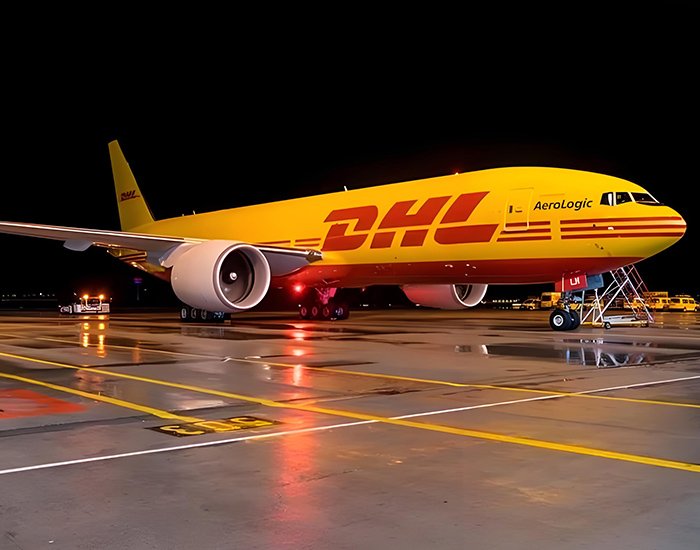

Cancel
Clear the records
Historical record
Clear the records
Historical record
The international logistics industry is ushering in a wave of innovation, with smart logistics and cross-border cooperation becoming new trends.
Against the backdrop of global economic integration and the vigorous development of e-commerce, the international logistics industry is experiencing a wave of innovation. The rapid advancement of intelligent logistics technology and the continuous deepening of cross-border logistics cooperation are driving the entire industry towards a more efficient, convenient and green direction.
I. Industry Transformation of Intelligent Logistics Technology
In recent years, intelligent logistics technology has made remarkable progress and has become a key force driving the innovative development of the international logistics industry. By applying advanced technologies such as the Internet of Things, big data, and artificial intelligence, logistics enterprises can achieve real-time monitoring, intelligent scheduling, and automated operations of goods, thereby enhancing the efficiency and accuracy of logistics.
Under the influence of intelligent logistics technology, the logistics industry is gradually moving towards intelligence, automation and unmanned operation. For instance, some advanced logistics centers have achieved intelligent operations such as automated sorting and robot handling, which have enhanced work efficiency and reduced labor costs. Meanwhile, intelligent logistics technology has also brought more convenience to cross-border logistics. By optimizing transportation routes and reducing transportation costs, it has achieved faster and more economical cross-border logistics services.
Second, cross-border logistics cooperation has been continuously deepened
With the continuous development of global trade, cross-border logistics cooperation has become an important trend in the international logistics industry. Logistics enterprises from various countries are strengthening cooperation one after another to jointly build a more efficient and convenient cross-border logistics network.
In cross-border logistics cooperation, logistics enterprises of various countries have achieved complementary advantages and mutual benefit and win-win results by sharing resources and exchanging resources. For instance, some international logistics giants have entered emerging markets through acquisitions, joint ventures and other means, conducting in-depth cooperation with local logistics enterprises to jointly promote the development of the local logistics industry. Meanwhile, countries are also actively promoting cross-border logistics cooperation. By signing cooperation agreements and establishing logistics parks, they provide more convenient conditions and support for cross-border logistics.
Iii. Challenges and Opportunities Faced by the Industry
Although the international logistics industry is experiencing an innovation wave and development opportunities, it also faces some challenges. Among them, the rise of global trade protectionism, the increase in environmental protection requirements, and the continuous rise in logistics costs have all had a considerable impact on the international logistics industry.
However, these challenges also bring opportunities. To address these challenges, logistics enterprises need to constantly innovate and upgrade to enhance service quality and efficiency. Meanwhile, all countries also need to enhance cooperation and coordination to jointly promote the process of global trade liberalization and facilitation.
In conclusion, the international logistics industry is now experiencing a wave of innovation and development opportunities. By applying intelligent logistics technologies and deepening cross-border logistics cooperation, the logistics industry will continue to develop in a more efficient, convenient and green direction. Meanwhile, in the face of a market environment where challenges and opportunities coexist, logistics enterprises need to constantly innovate and upgrade to adapt to the constantly changing market demands.




 The built-in sharing function of the browser is also very useful~
The built-in sharing function of the browser is also very useful~







